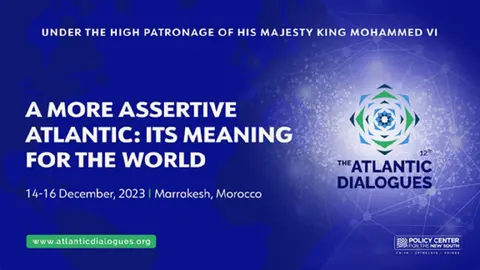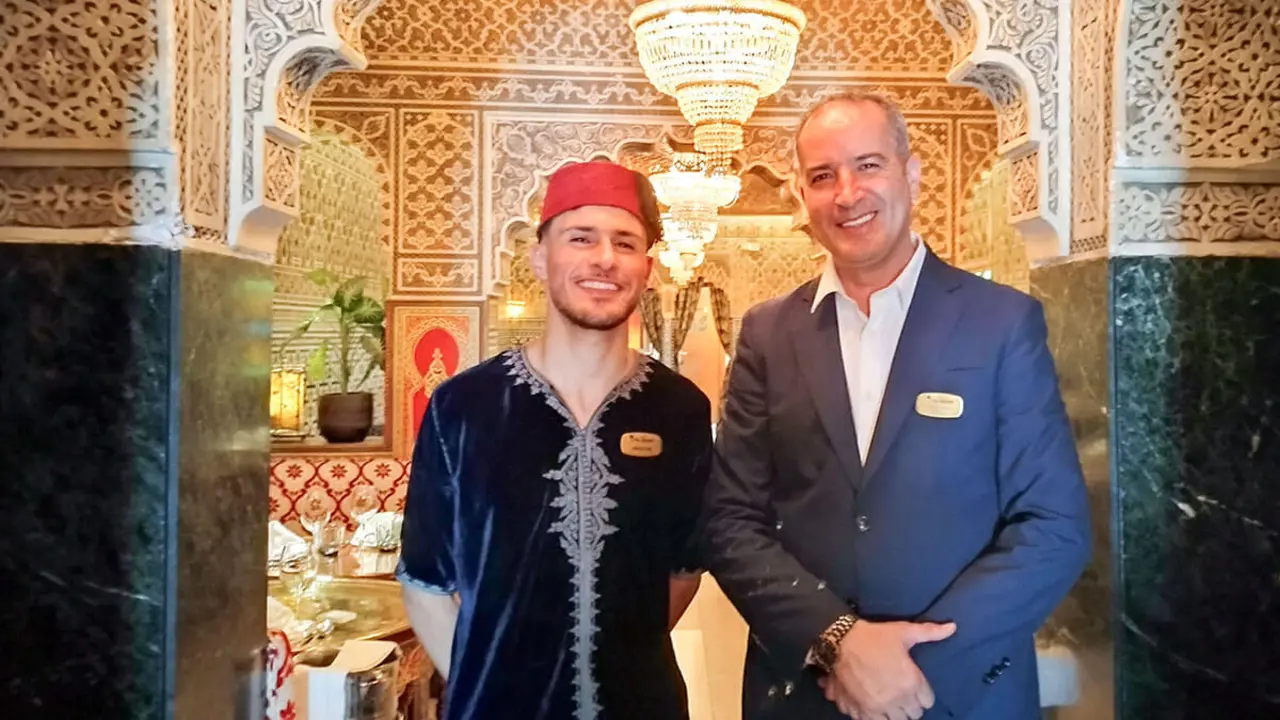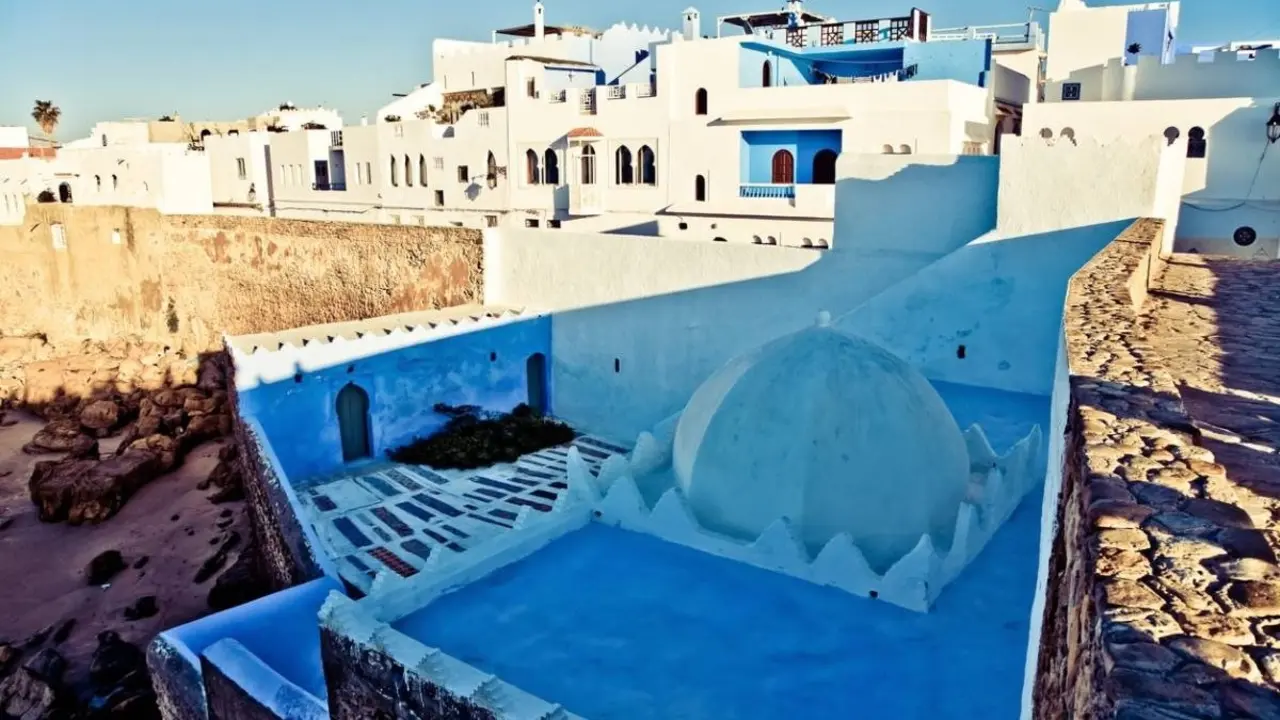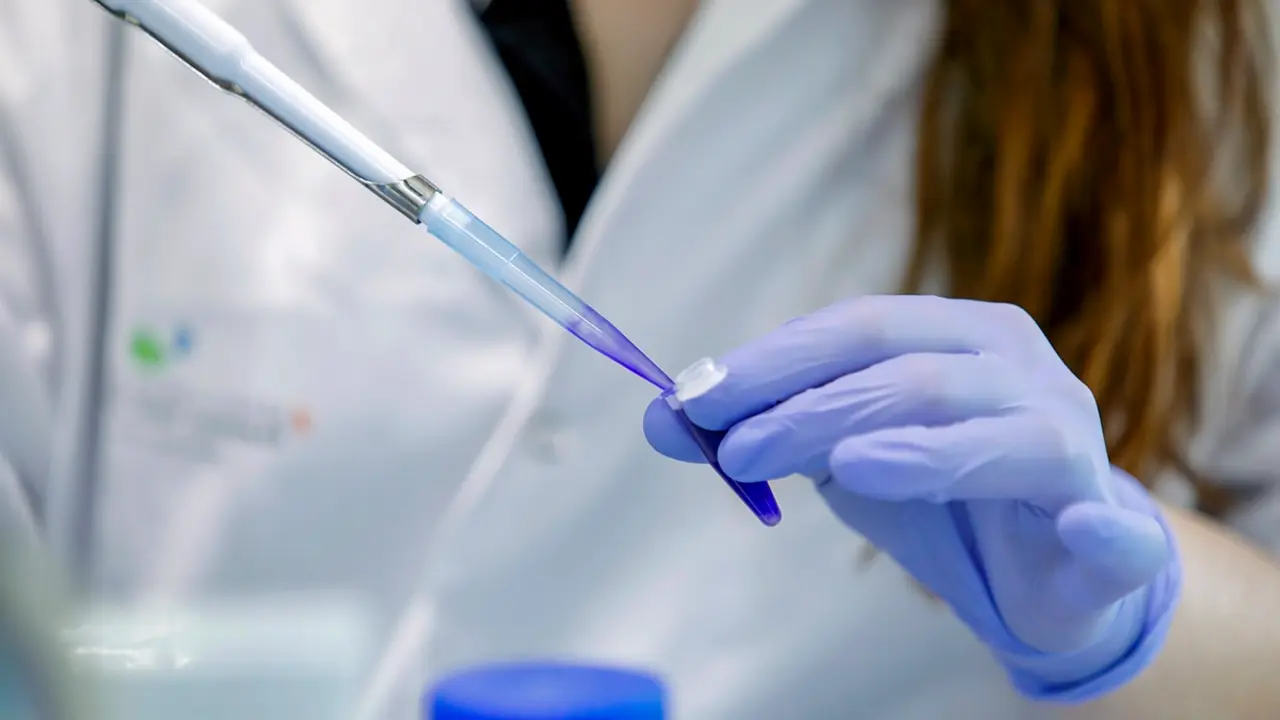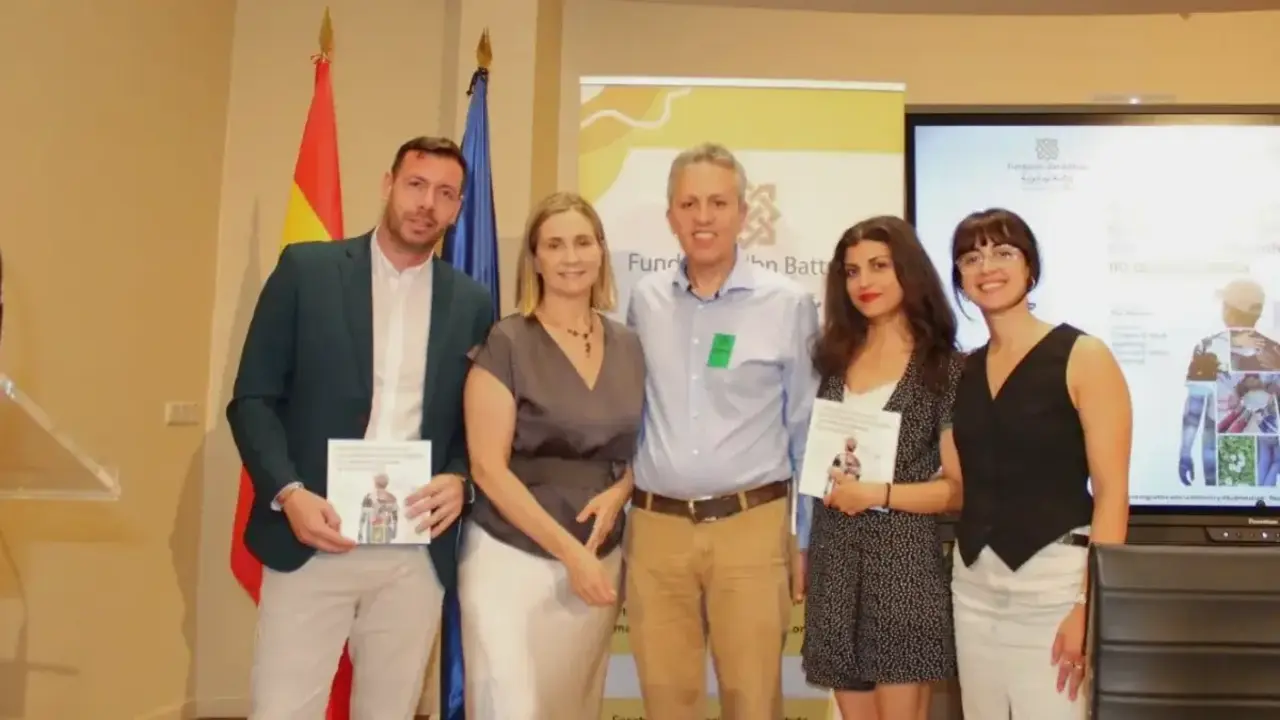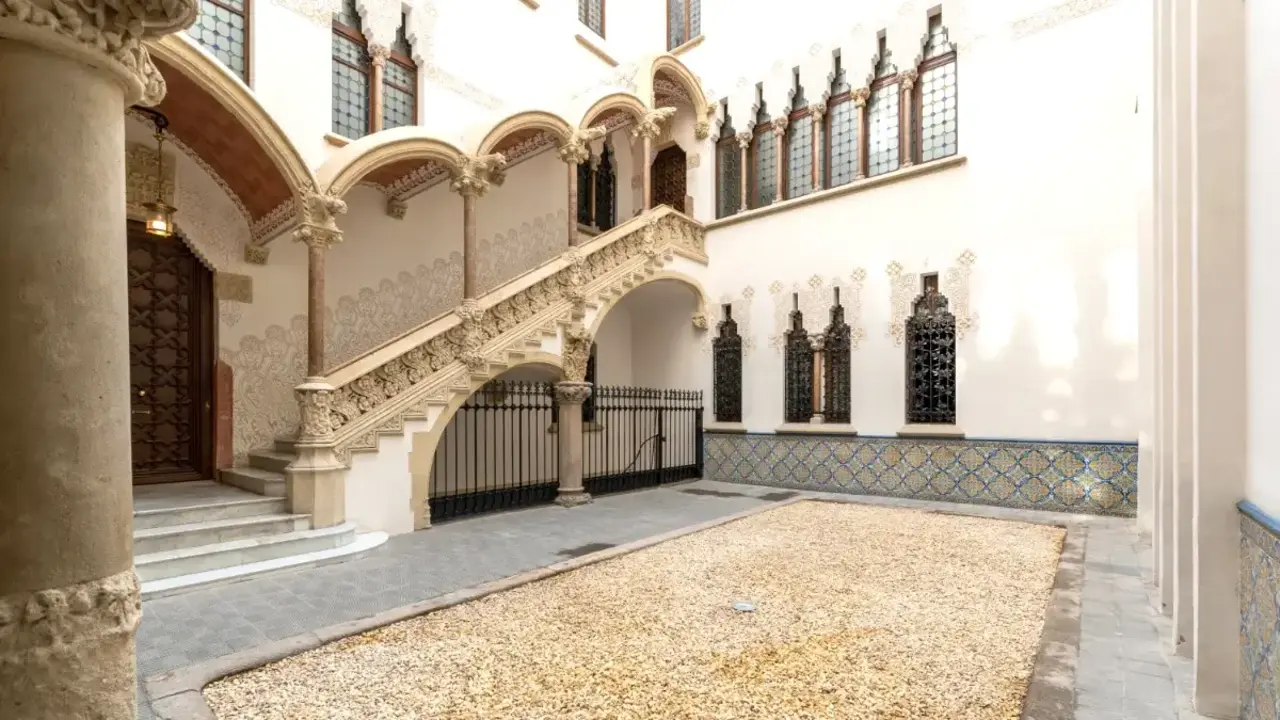Morocco seeks participatory approach to social and economic challenges
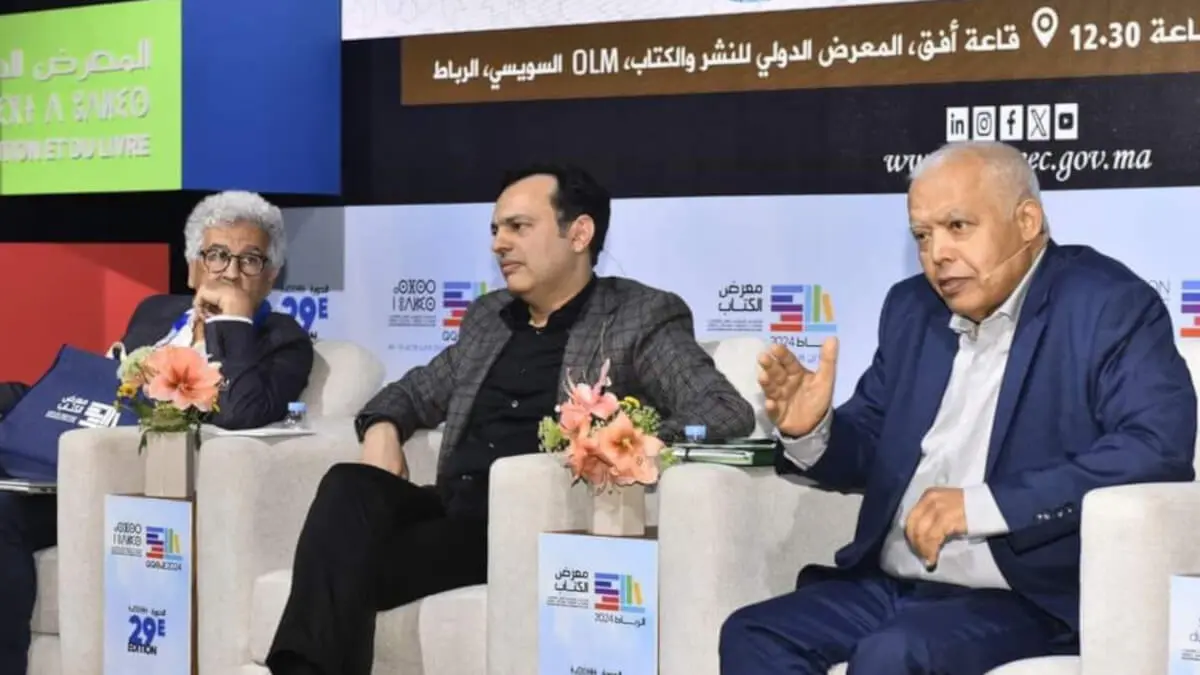
- Social dialogue must go beyond the current grassroots level
- Reducing inequality and social justice are priorities for Morocco
- Morocco broadens the framework of social dialogue to include new organised actors
Morocco is seeking to establish a new social dialogue platform to address common challenges, including reducing inequality and social justice. The Moroccan government uses a participatory approach to identify priorities and challenges and has organised book fairs to gather input from social and economic experts.
During the seminar: "Social dialogue for a new approach to the concept of political mediation", within the framework of the International Publishing and Book Fair, Dr Abdullah Saaf, head of the Centre for Studies and Research in Social Sciences, and Dr Muhammad Al-Tuzi, professor of Political and Social Sciences, believe that social dialogue goes beyond the current framework and addresses broader issues affecting society, such as the modernisation of the economy and social relations.
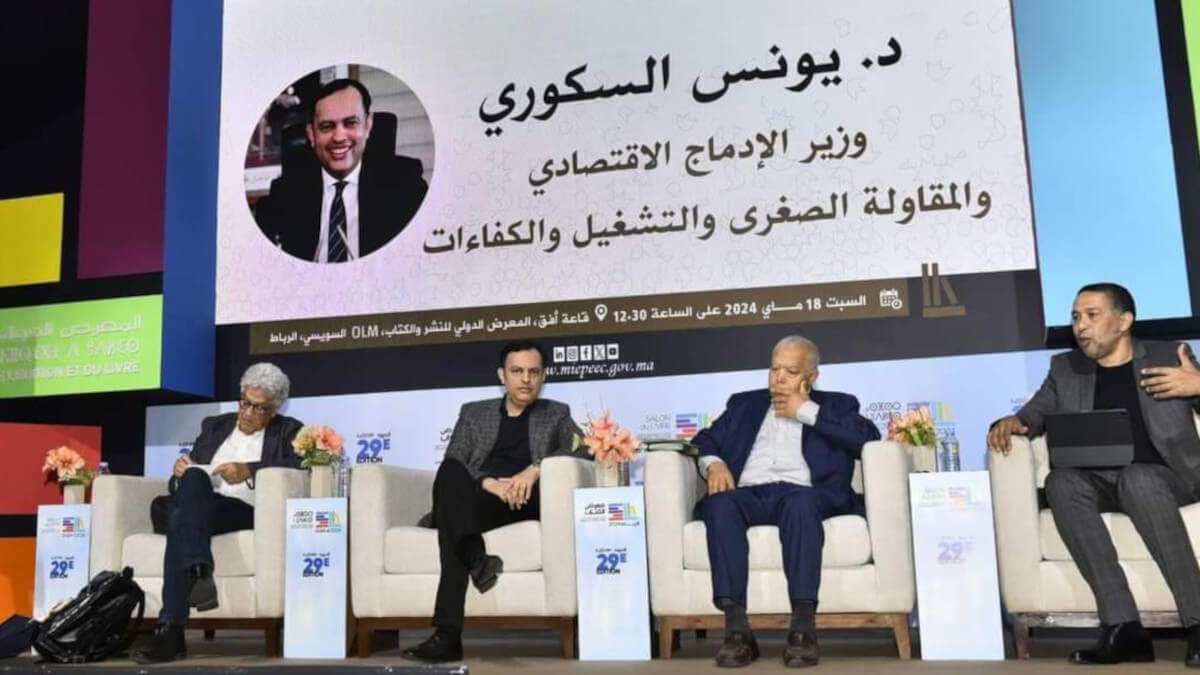
Speakers also praised the country's achievements in the field of social dialogue, in particular the agreement of 29 April 2024, which demonstrates Morocco's commitment to institutionalising social dialogue.
The seminar was seen as an important step in promoting social dialogue and policy coordination, with the participation of decision-makers, scientists, media representatives and others. Its importance in solving current problems was demonstrated.
Social dialogue must go beyond the current grassroots level
Saaf stresses the importance of broadening social dialogue to include a wide range of people and organisations, not just traditional trade unions. This would allow for greater representativeness and diversity of perspectives in the decision-making process. Furthermore, it considers that fulfilling obligations and taking into account the emergence of new entities and social movements is crucial.
For social dialogue to be effective, Saaf emphasises the importance of the social partners being active and fulfilling their commitments. This implies not only participation in meetings, but also the implementation of agreements reached and transparency in decision-making.
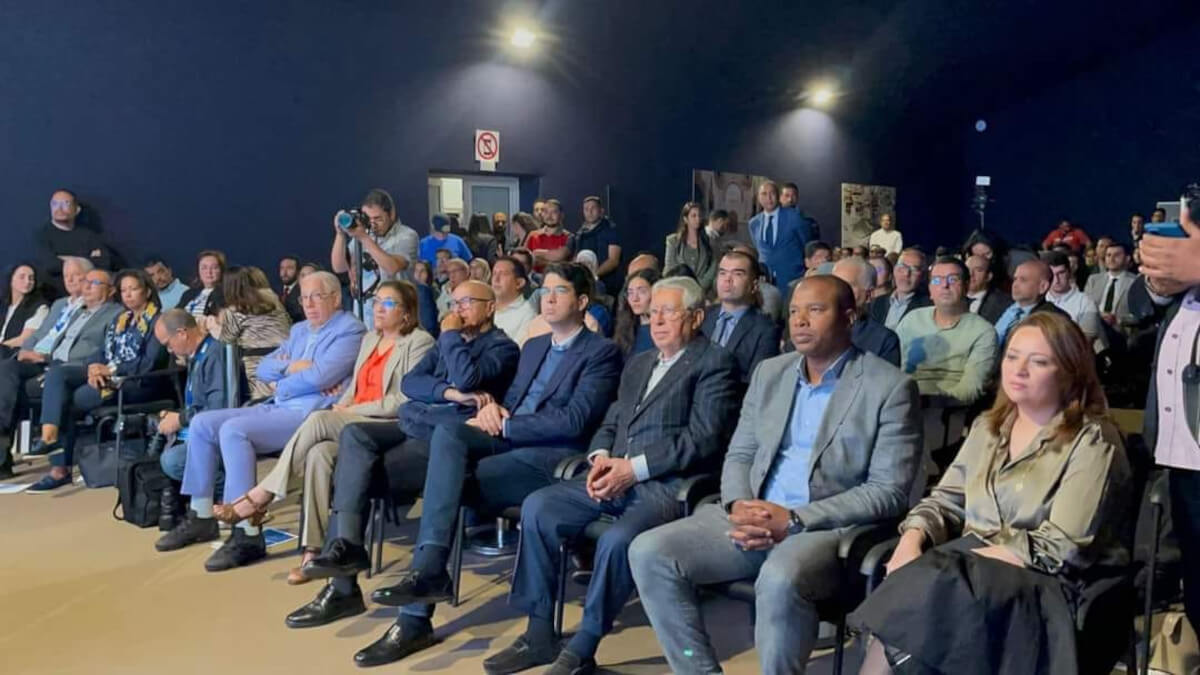
Similarly, it is essential to encourage citizen participation and education in values such as democracy, equality and social justice. In the academic sphere, the Moroccan thinker Saaf asked whether social dialogue means achieving a society that moves according to social consensus.
"Does social dialogue mean reaching a society that moves according to social consensus? Is it incompatible with social tensions?", Younes Sekkouri, Minister of Economic Inclusion
Saaf argued that a strike is not necessarily bad if its aim is to expand bargaining power, because it indicates the vitality of society. In his view, social dialogue is not only about reaching consensus, but also about accepting differences and finding ways to enrich the common project.
Reducing inequality and social justice are priorities for Morocco
Morocco is working to improve social dialogue to address common issues such as inequality and social injustice. As Muhammad Al-Tuzi made clear, participatory democracy requires consideration of civil society as well as social dialogue. He stressed the importance of considering the role of the opposition party in developing political and social dialogue.
He explained that the role of the opposition party in the development of political and social dialogue must be taken into account. The researchers told Al Arab that, in the face of a global crisis of political representation and arbitration, the social partners must be strong and capable of fulfilling their obligations. Morocco is working to strengthen social dialogue, promote social justice and reduce inequality.
Morocco broadens the framework of social dialogue to include new organised actors
Younes Sekkouri, Minister of Economic Inclusion, SMEs, Employment and Skills, recently stated that it is important to institutionalise social dialogue in Morocco. According to him, the mission is to create an environment of trust for social dialogue and to ensure that those who benefit from it feel that their voices are heard.
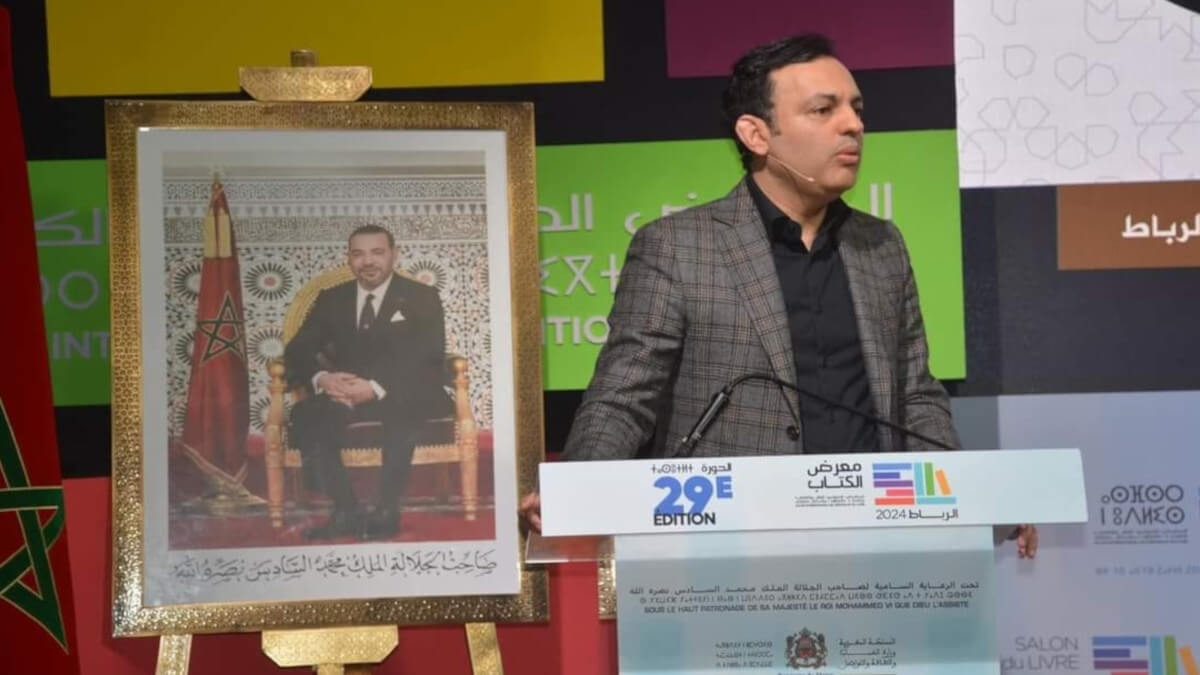
Sekkouri recalled that Morocco has invested a lot in the last decade to strengthen dialogue and build political consensus on the system, the 2011 Constitution and the overall direction of the country. But he acknowledged that the challenges facing Morocco require new approaches, including democratic consensus and the ability to debate and find solutions.
However, he also admitted that the challenges facing Morocco require a new way of doing things, including democratic consensus and the ability to discuss and find solutions.

